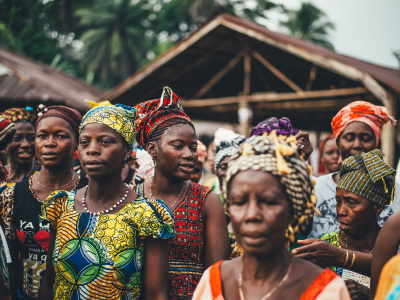
MERCOSUR’s experiences of preparing trade negotiations with the EU: A memorandum
This paper reviews MERCOSUR’s experience in conducting trade negotiations with the European Union (EU). Following a brief introduction, the second section discusses the political, governance and economic context of trade policy-making, emphasising the role played by political democratisation, trade liberalisation, the widening scope of trade negotiations and the conduct of overlapping and simultaneous negotiations.
The third section briefly reviews the practice of trade policy-making and trade negotiations in each MERCOSUR member state, underlining differences and similarities. In the case of each country the focus is placed on how trade policy is made in the public sector, how negotiations are conducted and what is the role of the private sector in both.
The fourth section analyses trade policy formulation and negotiations at the regional level. Since MERCOSUR is supposed to be a customs union, trade policy instruments and negotiations must be enforced and conducted on a collectively agreed basis. By focusing first on the intra-regional dynamics, the section discusses how MERCOSUR is organised to undertake intra-regional negotiations. In particular, we emphasise the strong inter-government character of the decision making process and the fragilities of rule-making and implementation procedures. This section also examines how MERCOSUR has organised to conduct negotiations with third parties. We pay particular attention to MERCOSUR’s difficulties to identify and enforce a “regional negotiating position”, except for the definition of broad negotiating principles. The third section also addresses the issue of technical cooperation (how it is managed at the regional level) and private sector participation.
The fifth section reviews in more detail MERCOSUR’s trade policy-making and negotiations with the European Union. Since the signature of the Bi-Regional Framework Agreement in December 1995, MERCOSUR and the EU have developed continuous negotiations aimed at a trade, political and cooperation agreement. This section reviews the conduct of such negotiations on the MERCOSUR side, illustrating some of the weaknesses previously identified.
Finally, a sixth and last section summarizes some lessons drawn from MERSOCURS’s experience that can help to develop better negotiating practices. The lessons focus on the domestic dimension of the trade policy-making and negotiating process, as well as in the collective aspects of negotiations with third parties. The conclusions do not aim to suggest recipes for success, but to identify critical areas (by the standard of MERCOSUR’s experience) that will need to be addressed with creativity based on national circumstances.


